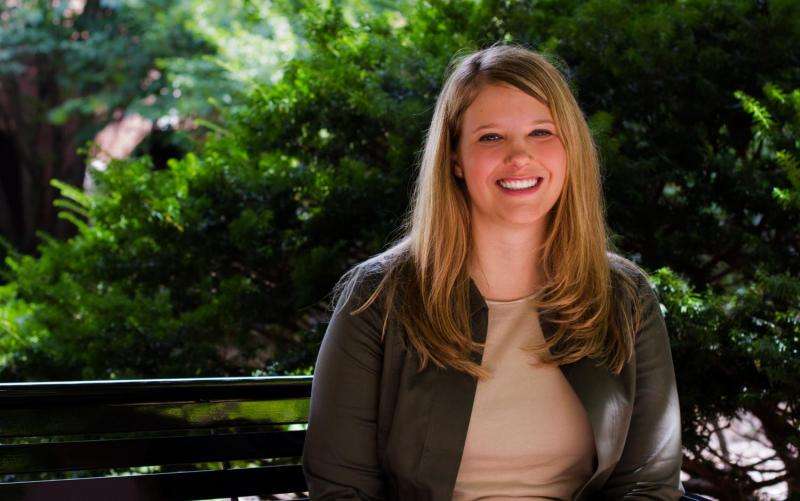Mothers give more than they receive when family struck by major illness

Mothers are often the caregiver when a child is sick, and that motherly instinct doesn't go away when the child is an adult. In fact, mothers provide more support to adult children with a serious health condition than to their other children, according to new research that will be presented at the American Sociological Association 2015 Annual Meeting.
It's a situation that can put older mothers in a vulnerable position, said Megan Gilligan, lead author and assistant professor of human development and family studies at Iowa State University. Gilligan and researchers from Purdue and Cornell universities found mothers of seriously ill adult children gave more support than they received.
"These mothers are not receiving a lot of practical assistance, such as help around the house with chores or help when they're sick or not feeling well," Gilligan said. "These are mothers who are in their late 70s and early 80s, which is normatively a time when they stop giving their children as much support and they start receiving support from their children."
The study, published online in The Gerontologist, looked at two types of support - instrumental and expressive - between mothers and their adult children. Instrumental support can include help running errands or preparing meals, while expressive support is more comfort and encouragement.
Researchers were surprised by the amount of support mothers were also providing to their healthy children. Since the child with a health condition received more help, they expected the healthy children would receive less, but that was not the case.
"What is intriguing about the findings from this particular paper is that they show that even when mothers provide increased support to offspring with serious health problems, it does not reduce mothers' support to her other children," said Jill Suitor, professor of sociology at Purdue. "In fact, it appears that mothers just expand their provision of support overall."
Healthy children need to step up
The research shows children gave expressive, but less instrumental support to their mothers. The lack of instrumental support is significant because 56.8 percent of the mothers in the study reported needing help in the last two years because of an injury or illness. Gilligan says it's important to recognize the impact an illness can have on a family.
"When someone has a health condition or an illness, we think of it as a characteristic of the individual, but these findings show that it's really a family affair. When an adult child has a serious health condition, it has implications for the mother and also for the siblings," Gilligan said. "This is a time when their healthy children do need to provide more support or additional outside assistance."
The study used data collected as part of the Within-Family Differences Study II, a project founded in 2001 by Suitor and Karl Pillemer, a professor of human development at Cornell, and funded by the National Institute on Aging. For this paper, researchers used data collected from 369 older mothers about their relationships and interactions with 1,338 of their adult children.
Nearly half of the families in the study had at least one child with a serious health condition. The median age for mothers was 78 years old, and the median age for children was 49. Suitor says the findings are beneficial for practitioners who work with later-life families.
"In particular, under circumstances in which mothers are providing high levels of assistance to children with health problems, it may be important for health care professionals to encourage healthy children in the family to provide their mothers with more help to reduce mothers' high levels of care responsibilities," Suitor said.
Researchers controlled for proximity, marital status, education, deviant behaviors and employment to make sure these factors did not influence levels of support.
Journal information: The Gerontologist
Provided by Iowa State University


















